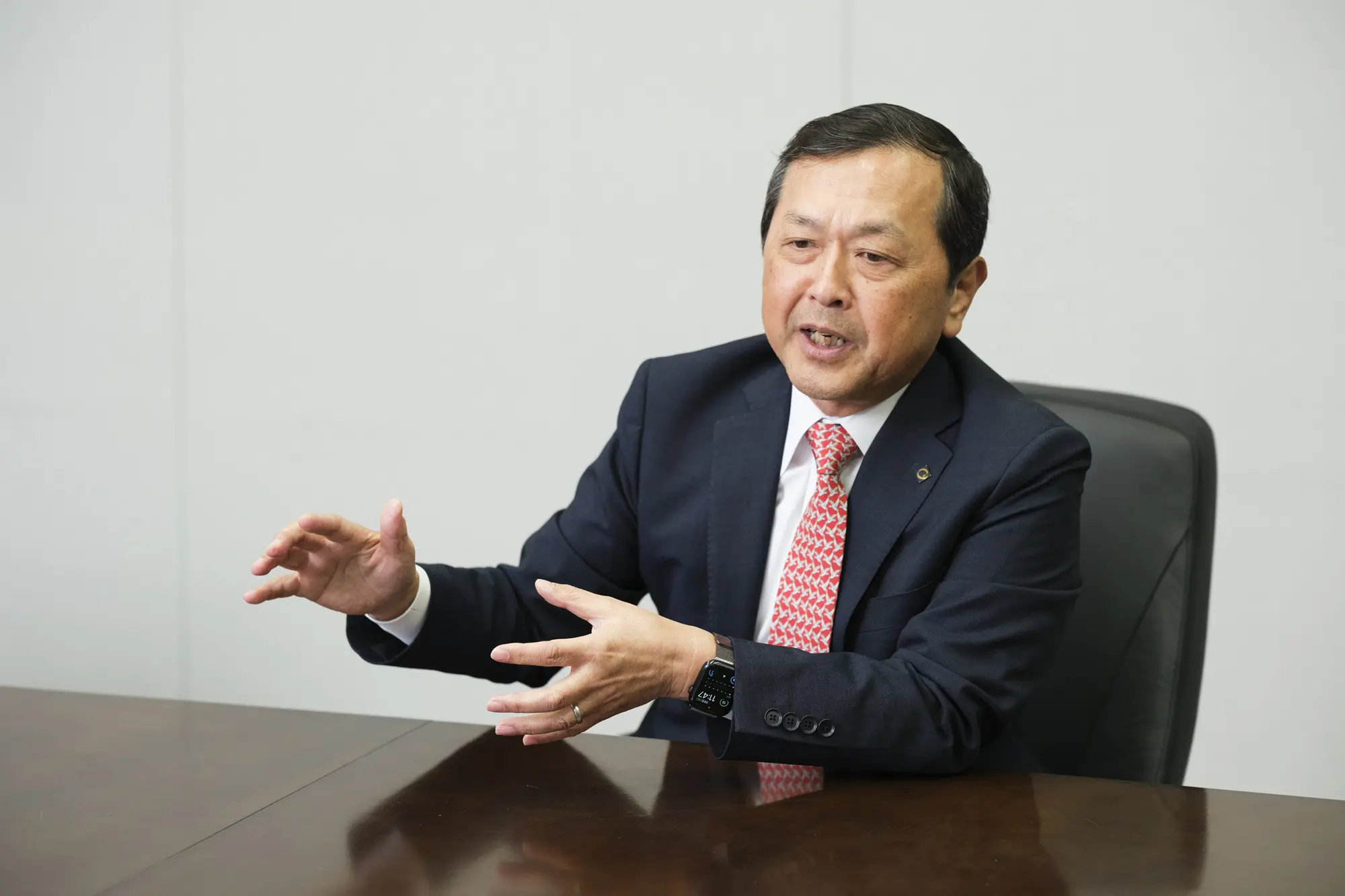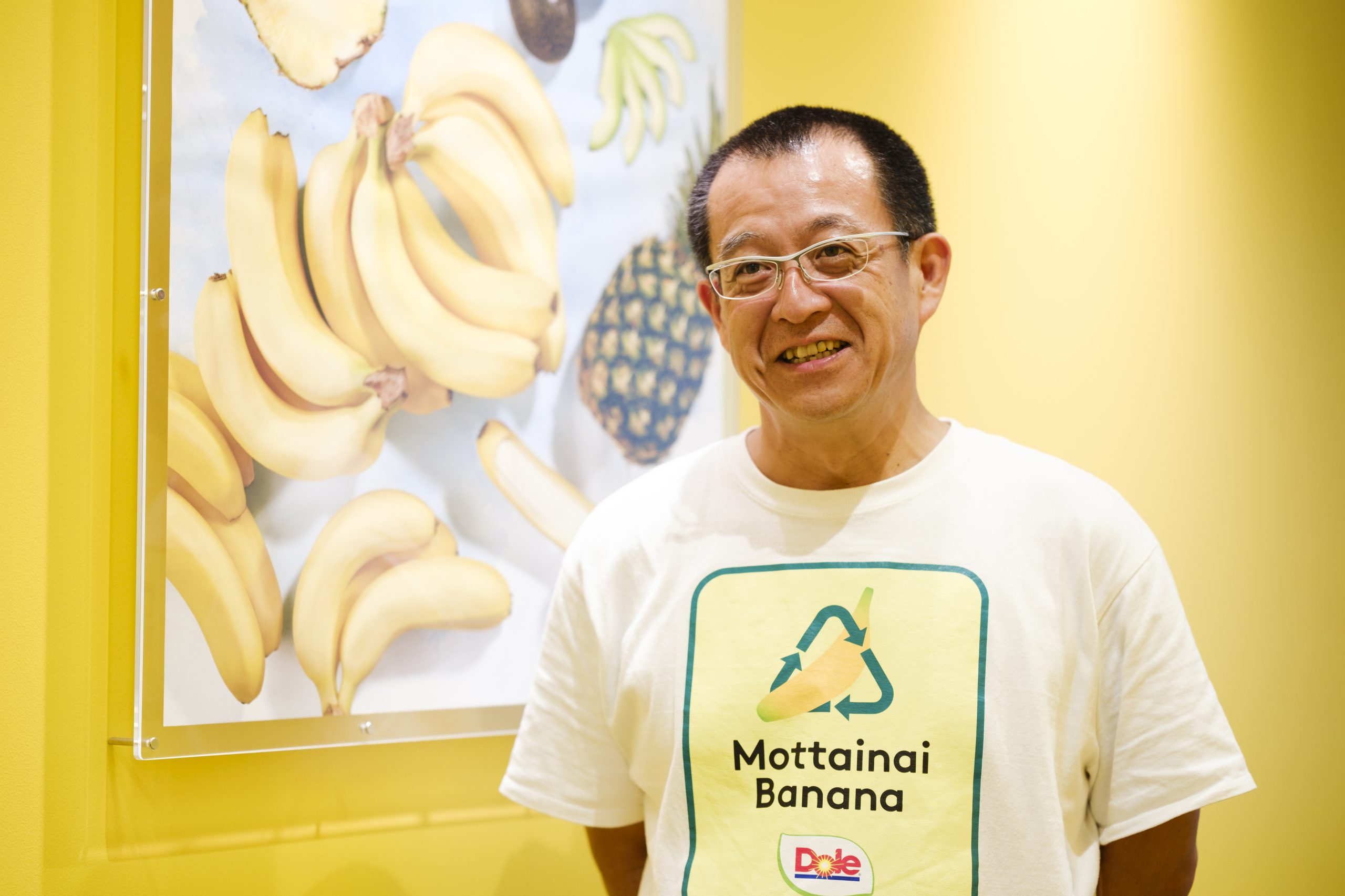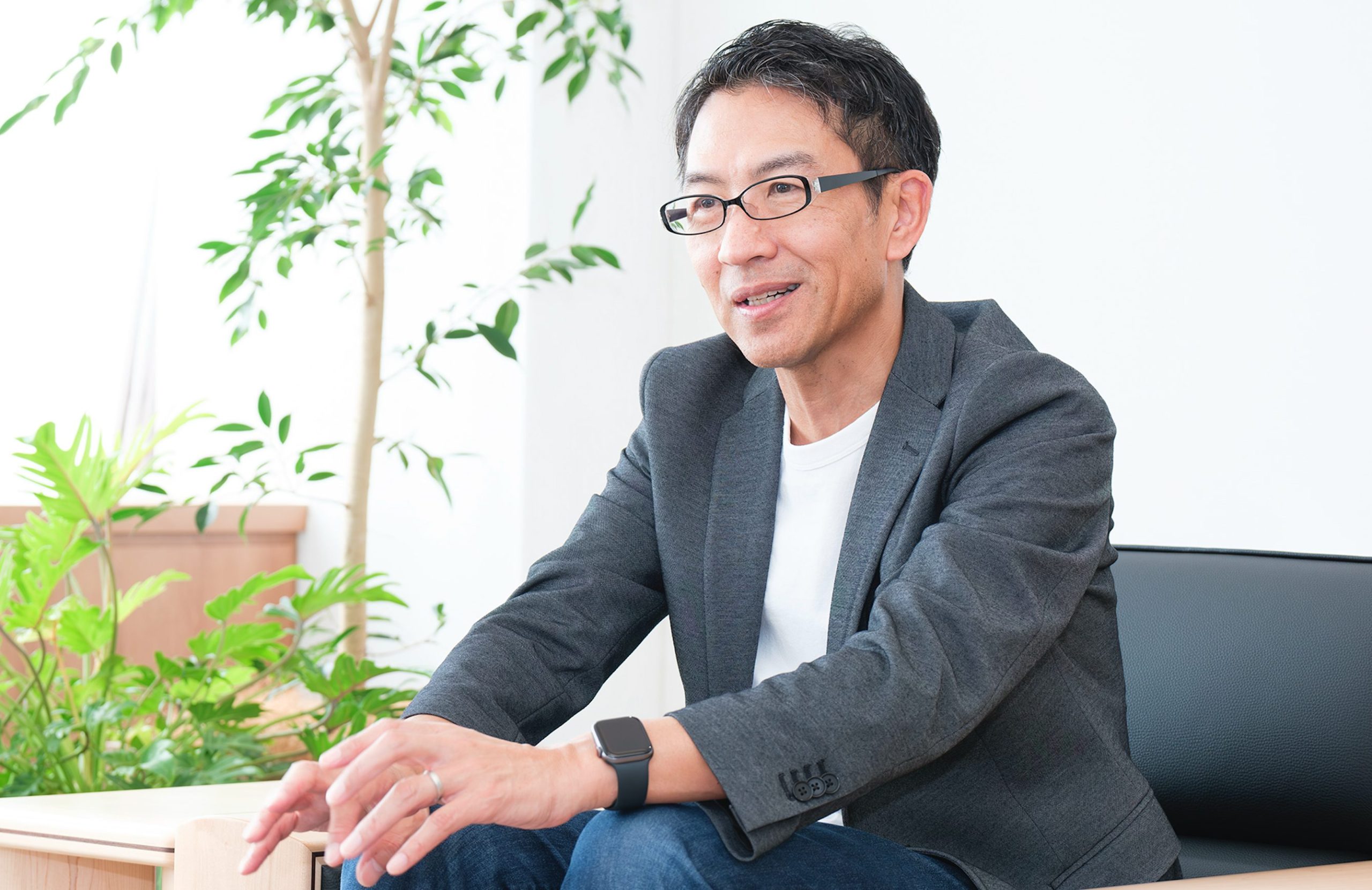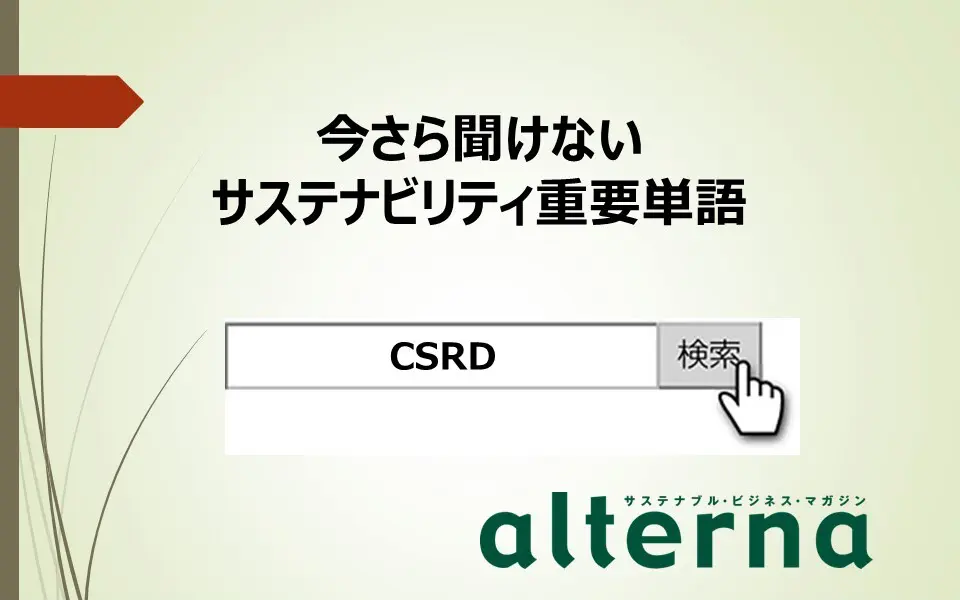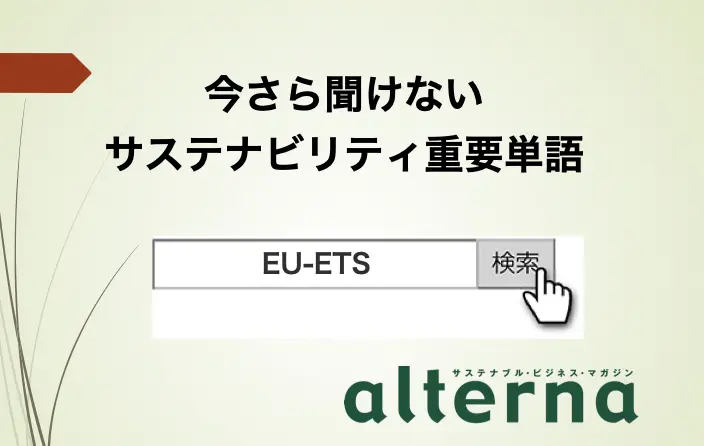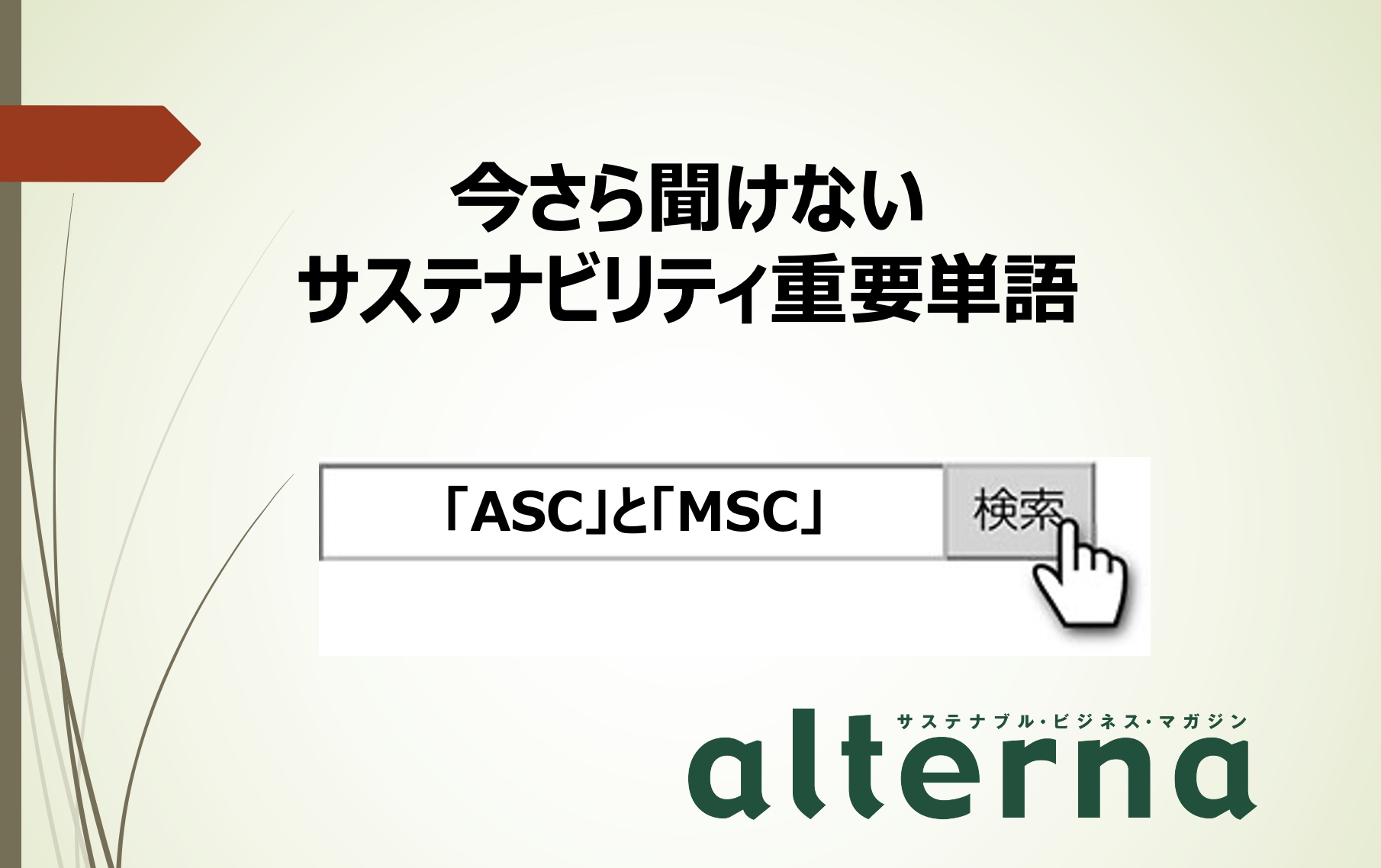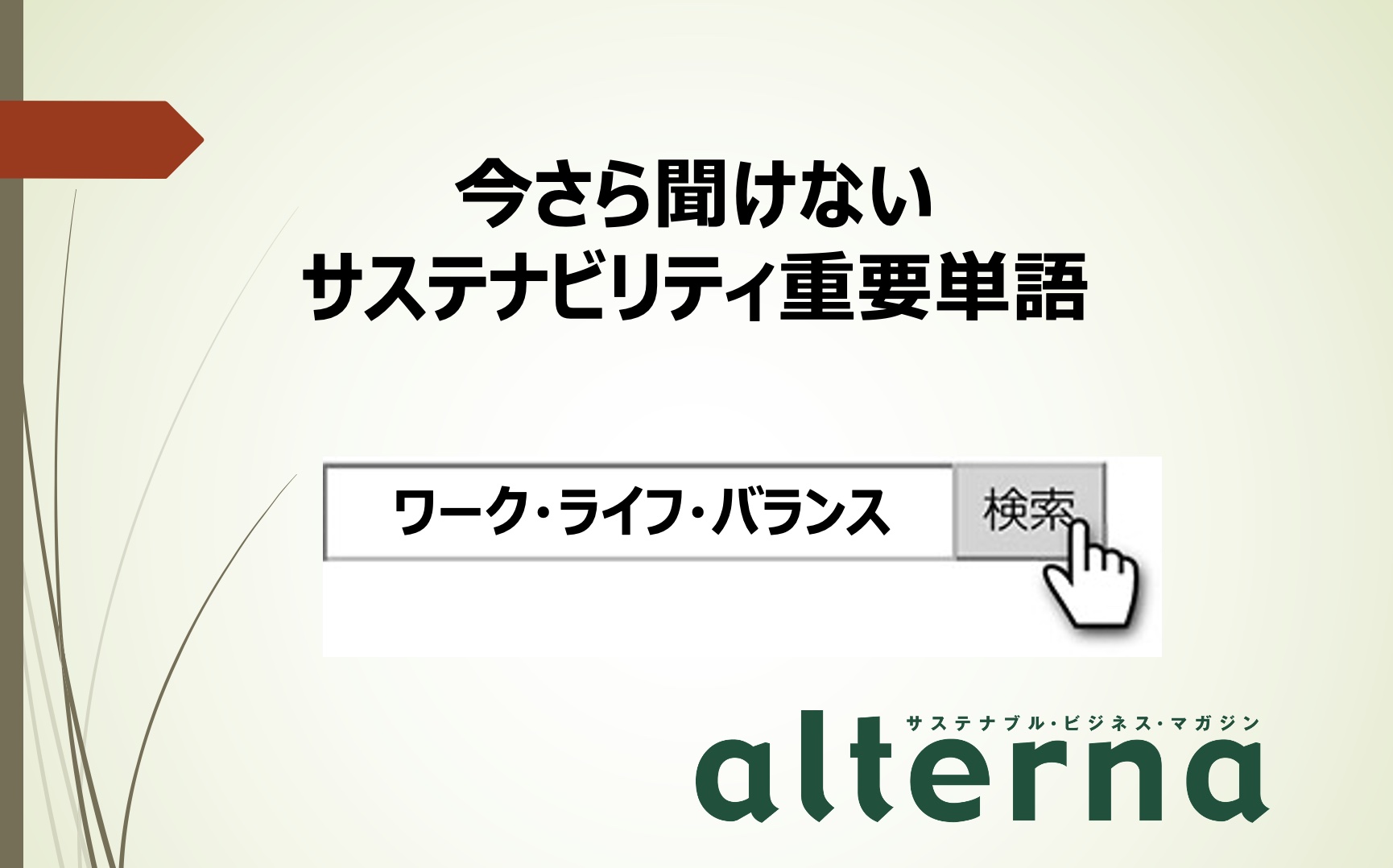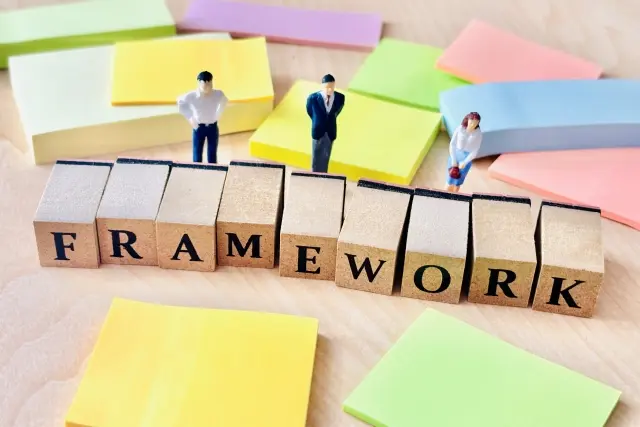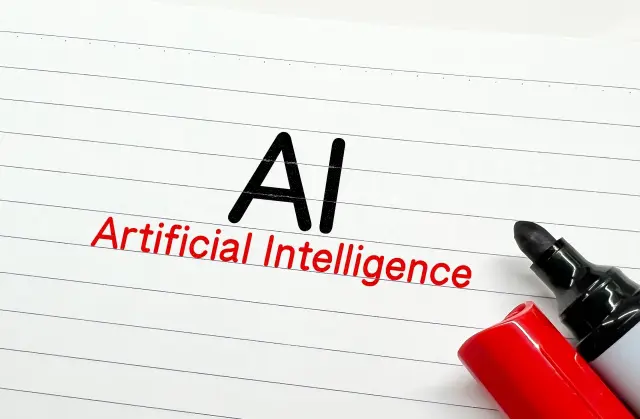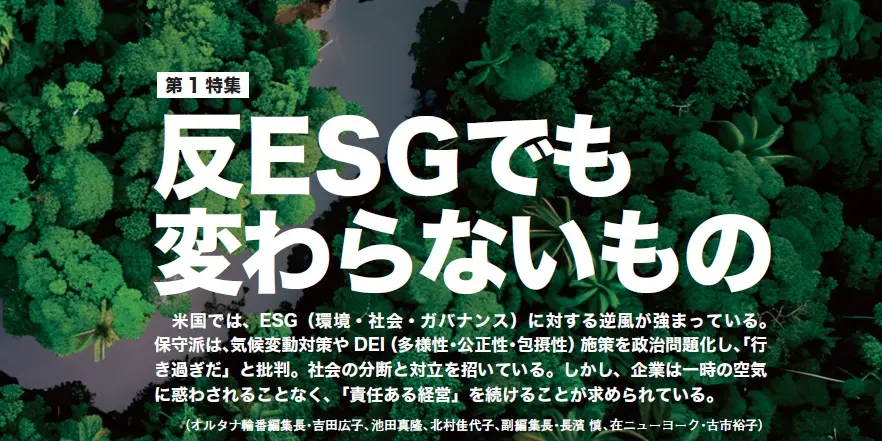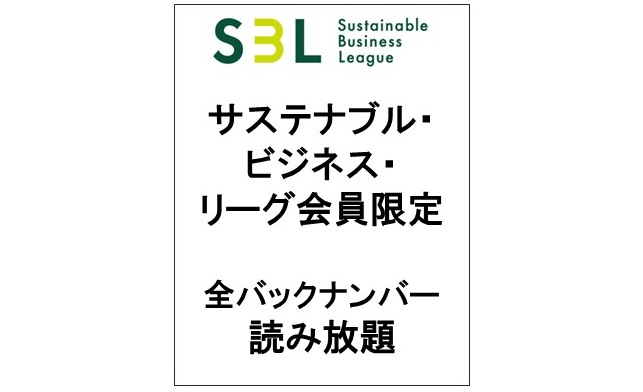一年の「漢字」や重大ニュースなど、今年を振り返る季節となりました。
今月はLesson 11, “Social Entrepreneur”「社会起業家」を読みます。後半には日本における商人道徳や経営哲学について触れています。日本の文化に根差した思想をどのように英語に訳すか、いろいろなバリエーションが可能ですので、皆さんもぜひ読みながら考えてみてください。
本文は内容も単語もきわめて平易に書かれていますので、「速く読む」練習にもなるかと思います。(英語学習において、まとまった文章を速く読んで大意を把握する力をつけることは非常に役に立ちます)
では、さっそく読んでいきましょう!
【語注】
analect 語録
admonish 戒める
■近年関心が広がる社会起業家とは
Social entrepreneurs emerged in the second half of the 20th century when the limitations of global economic growth became visible and global social issues such as global warming and poverty worsened markedly. These entrepreneurs set out to solve social problems through business which were too difficult for both the public sector (e.g., governments and municipalities) and the private sector to tackle.
【訳】
世界経済の成長の限界が見えはじめ、地球温暖化や貧困問題などグローバルな社会課題が深刻化した20世紀後半、社会起業家たちが登場しました。政府や自治体などの公共部門や民間企業では解決が困難な社会課題を事業によって解決しようと立ち上がったのです。「深刻化する」はいろいろな表現ができます。そのままbecome more seriousでもよいですし、deepeningも使いやすいでしょう。「深刻化する問題」であればincreasing problemあるいは escalating concern という表現もあります。一見見えにくいが内部で深刻化している、というニュアンスであればinsidous(形容詞)も使えます。
set outは「 ~に乗り出す、~し始める、~しようと目指す、~しようと試みる」です。
Perhaps one of the most famous social entrepreneurs in the world is Muhammad Yunus of Bangladesh, who was awarded the Nobel Peace Prize in 2006. He founded the Grameen Bank, which provides unsecured loans to the poor, called “microcredit,” in rural areas and elsewhere. Also well-known is Roseanne Haggerty, who founded the non-profit organization Common Ground in Manhattan, New York, to develop and operate housing for the homeless and low-income families. Global organizations supporting social entrepreneurs include the Ashoka Foundation, founded by Bill Drayton in 1980, which has supported nearly 3,000 social entrepreneurs in more than 70 countries to date.
【訳】
世界で最も有名な社会起業家は、2006年にノーベル平和賞を受賞したバングラデシュのムハマド・ユヌス氏でしょう。グラミン銀行を創設し、マイクロクレジットと呼ばれる貧困層を対象にした無担保融資を農村部などで行っています。ニューヨークのマンハッタンで非営利組織「コモン・グラウンド」を設立し、ホームレスや低所得世帯の人々に供給する居住施設の開発と運営を行っているロザンヌ・ハガティ氏もよく知られています。社会起業家を支援する世界的組織としては、1980年にビル・ドレイトン氏が立ち上げ、これまでに70以上の国々で活躍する約3000人の社会起業家を支援してきたアショカ・ファウンデーションなどがあります。
unsecured loanは「無担保ローン」です。
マイクロクレジットについて多少補足を。1976年、ユヌス氏が発案したマイクロクレジットは、当初こそ貸し倒れにつながるだろうと見られていましたが、ふたを開けてみると98%もの返済率、見事成功となりました。90年代にはマイクロクレジットのノウハウが世界各地で注目され、現在は、マイクロファイナンスという形で広まっています。
■日本の経営哲学に息づく社会起業家精神
With the establishment of the Social Entrepreneur Forum by Hiroshi Tasaka in 2003 and the publication of Social Entrepreneurs Change the World: Change Makers written by Nana Watanabe in 2005, interest in social entrepreneurs began to spread in Japan. Some famous social entrepreneurs appeared, such as NPO Florence Komazaki Hiroki and Motherhouse Yamaguchi Eriko.
【訳】
日本では、2003年に田坂広志氏が社会起業家フォーラムを立ち上げ、2005年に渡邊奈々氏著『社会起業家が世の中を変える チェンジメーカー』が出版されると、社会起業家への関心が高まりはじめました。NPO法人フローレンス駒崎弘樹代表理事やマザーハウス山口絵理子代表取締役など著名な社会起業家も登場しました。書誌情報の表記ですが、一冊の書物全体を表すときはイタリックを用います。そのなかの一部(たとえば、短編集のうちの一篇)を指す場合は引用符(“~~”)で括ります。映画であれば、長編はイタリック、短編は引用符です。音楽もこれに準じます。ご参考までに。
Tracing back the history of social entrepreneurs in this way, you may think it is a concept imported from Europe and the United States. The fact is that the concept and approach of social entrepreneurs has existed in Japan for a long time. Konosuke Matsushita, the founder of Matsushita Electric Industrial (now Panasonic), contributed greatly to Japan’s economic development with his so-called “waterworks philosophy.” It states that the mission of industrialists is to provide inexhaustible supplies of goods at a price that is equal to the price of water, just like the water in the tap.
【訳】
このように社会起業家の歴史をたどってみると、欧米から輸入されてきた概念かと思うかもしれませんが、社会起業家の概念および方法は、実は日本に昔から存在しています。松下電器産業(現パナソニック)創業者である松下幸之助氏は、「産業人の使命も水道の水のごとく物資を無尽蔵にたらしめ、無代にひとしい価格で提供することにある」といういわゆる水道哲学をもって、日本の経済発展に大きく貢献しました。パナソニックホールディングスのウェブサイトには、水道哲学の説明の後に以下のように書かれています。「この考え方に込められた創業者の真意は、その目指すところとして示された『人間の幸福は、物心両面の豊かさによって維持され向上が続けられる。精神的な安定と、物資の供給が相まって、初めて人生の幸福が安定する』という言葉にあります」詳しくはこちらをご参照ください。
2. パナソニックグループの使命と今なすべきこと – パナソニックグループの経営基本方針 – パナソニック ホールディングス (holdings.panasonic)
The Omi merchants who did business all over Japan after the Kamakura period (1185–1333) had their own business ethics very similar to the ideology of social entrepreneurs. In Japan it is well known as “sampo-yoshi” (benefit to the seller, buyer, and society). It emphasized that companies should not do business only for the seller’s convenience, but also contribute to the development of the local community and enhancement of the welfare for people through business.
【訳】
鎌倉時代以降、全国で商いを行っていた近江商人は、社会起業家らと似た商い哲学を持っていました。彼らの考え方は日本では三方よし(売り手よし、買い手よし、世間よし)という言葉でよく知られています。売り手の都合だけで商いをするのでなく、買い手が心の底から満足し、さらに商いを通じて地域社会の発展や福利の増進に貢献しなければならないということです。三方よしはthree way satisfaction や triple-win for the buyer, the seller, and societyなどと説明できます。win-win-winでも通じますが、いずれにしても背景となる考え方について触れる必要があるでしょう。
Japanese managers originally shared business philosophies involving social entrepreneurial thinking: Eiichi Shibusawa, the father of Japanese capitalism, published the Analects and Abacus; the Sumitomo family has been well known for the family motto of admonishing easy gains.
【訳】
日本の経営者たちが本来共有しているビジネス哲学には、社会起業家たちの考え方が含まれています。たとえば日本資本主義の父といわれた渋沢栄一は『論語と算盤』を著しました。住友家は家訓の「浮利を追わず」でよく知られています。一般に『論語』を英訳する場合はanalectsを用いますが、analects は本来「(有名人の)語録」です。the Analects and Abacusは『論語と算盤』です。
住友電工のウェブサイトによれば、「浮利を追わず」の「浮利」とは、「目先の利益や安易な利益追求」のことで、「道義にもとる不当な利益」の意味も込められています。経営理念|企業情報|住友電工 (sumitomoelectric.com) この理解を踏まえて訳すとpursuit of [theirs own ] immediate profit(benefit) without moral sense でしょうか。
■働くすべての人が社会起業家精神を持つ時代へ
Considering that our pursuit of material wealth and our excessive focus on global competition have led to environmental destruction in recent years, we have to pay attention to the impact of our economic activities not only on our own interests, but also on society and the planet. In other words, the traditional management philosophy passed down in Japan is heavily needed in today’s global society.
【訳】
物質的な富を追い求め、グローバルな競争に勝つことに専念しすぎたことが近年の環境破壊につながってきたことを考えると、自分たちの利益のみならず社会そして地球への影響に及ぼす経済活動の影響に目を向けることが必要です。これまで日本で受け継がれてきた経営哲学こそ、現在の社会に求められているのです。
昨今、社会起業家を目指す若者も増えてきました。社会起業は決して少数派ではなく、今後はむしろ「あたりまえのこと」として受け入れられていくかもしれません。
社会起業大学のサイトには社会起業家の条件や事例などが紹介されています。社会起業家とは —定義、事例、条件について | 【公式】社会起業家を育成するソーシャルビジネススクール 社会起業大学 (socialvalue.jp)
今月はここまでです。皆さん、よいお年を。



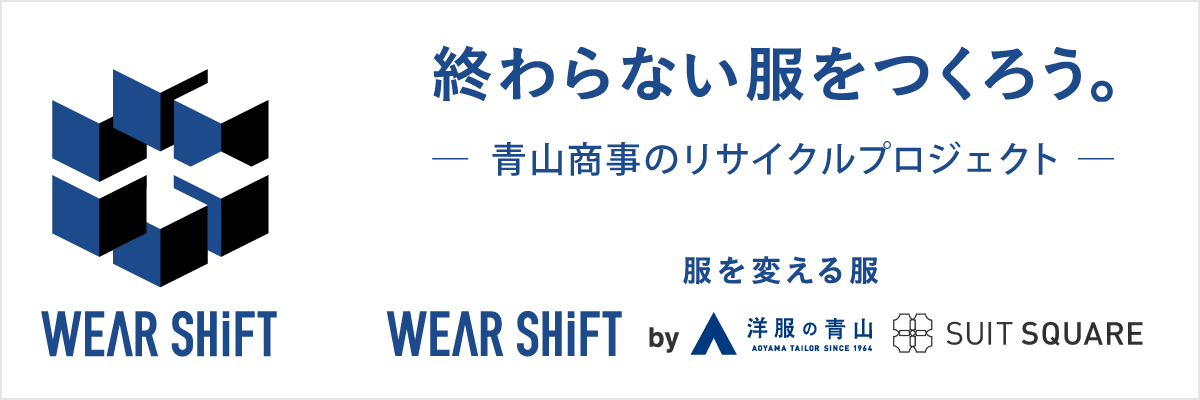


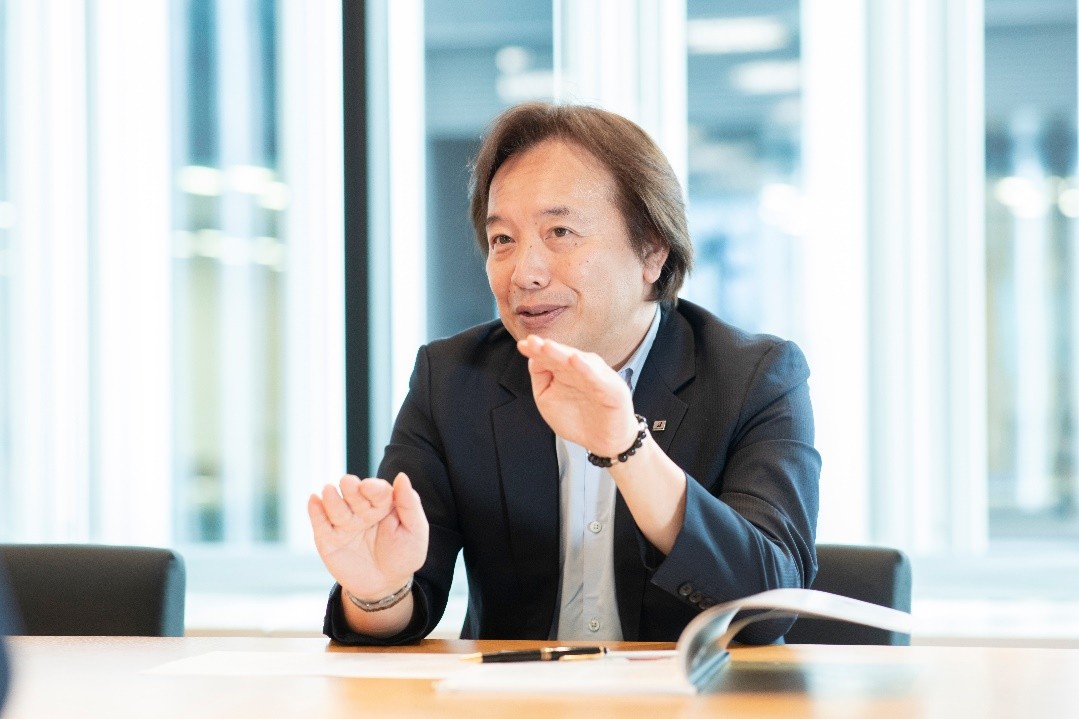
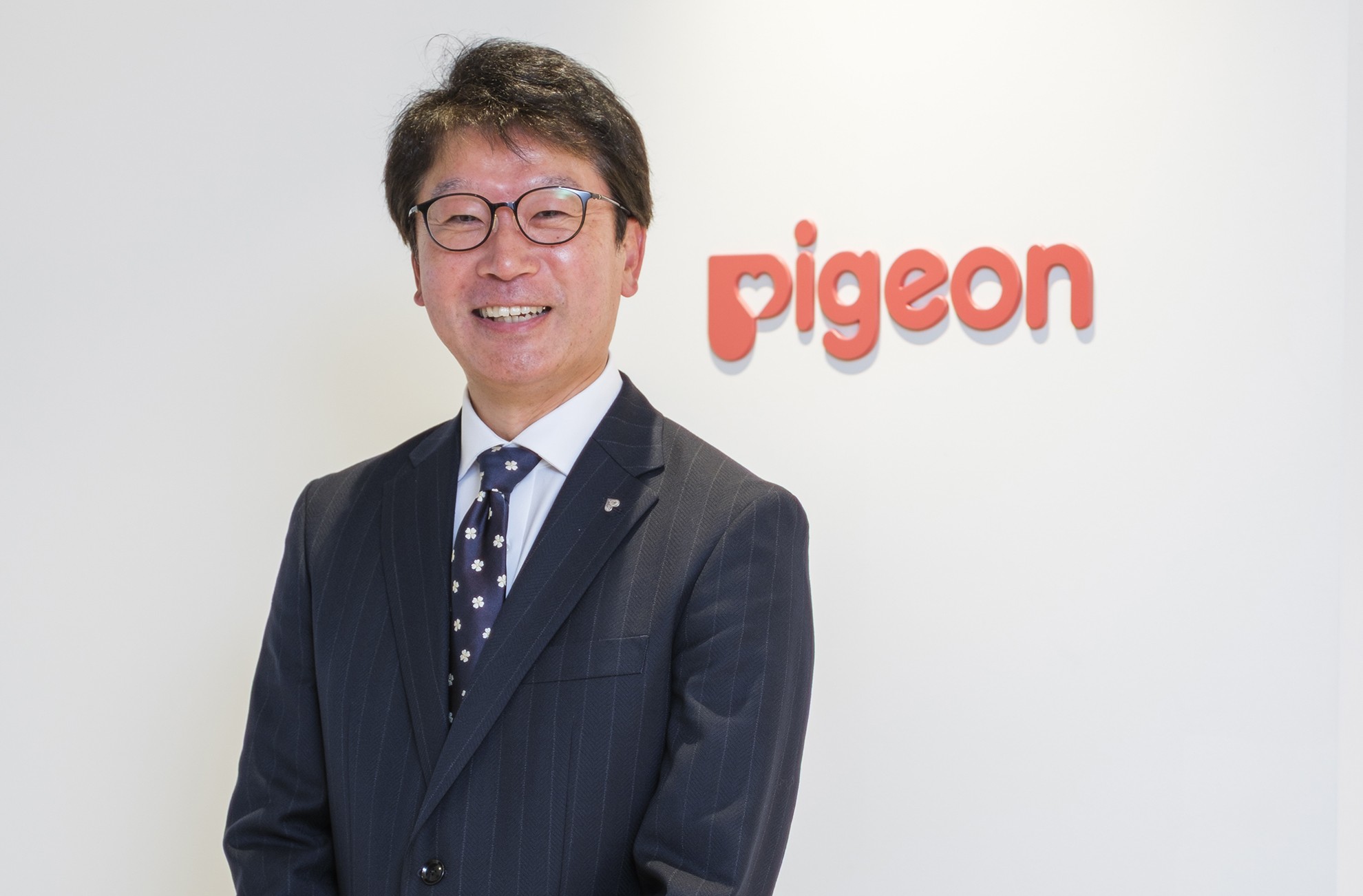
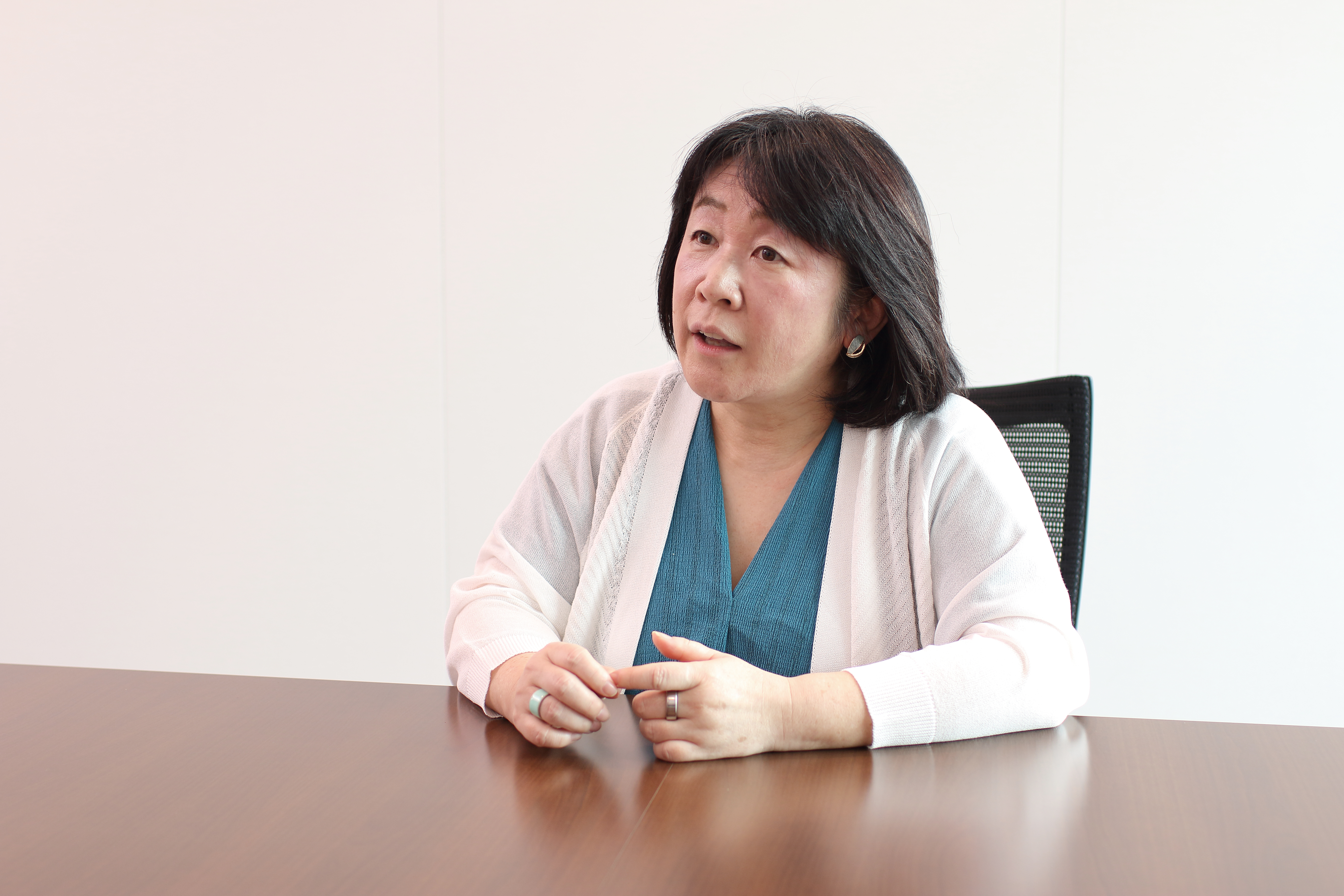
-1-scaled.jpg)
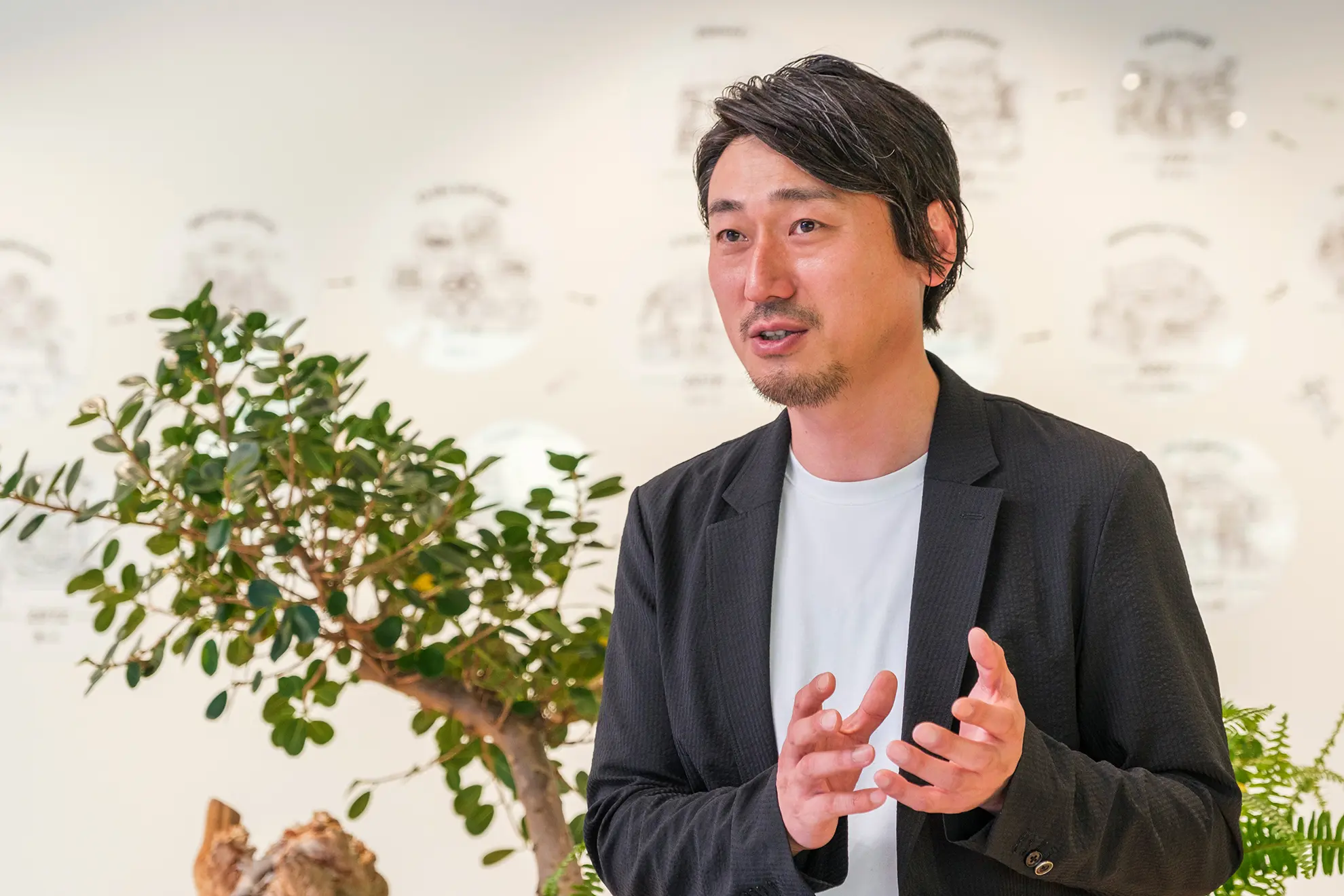
-scaled.jpg)
